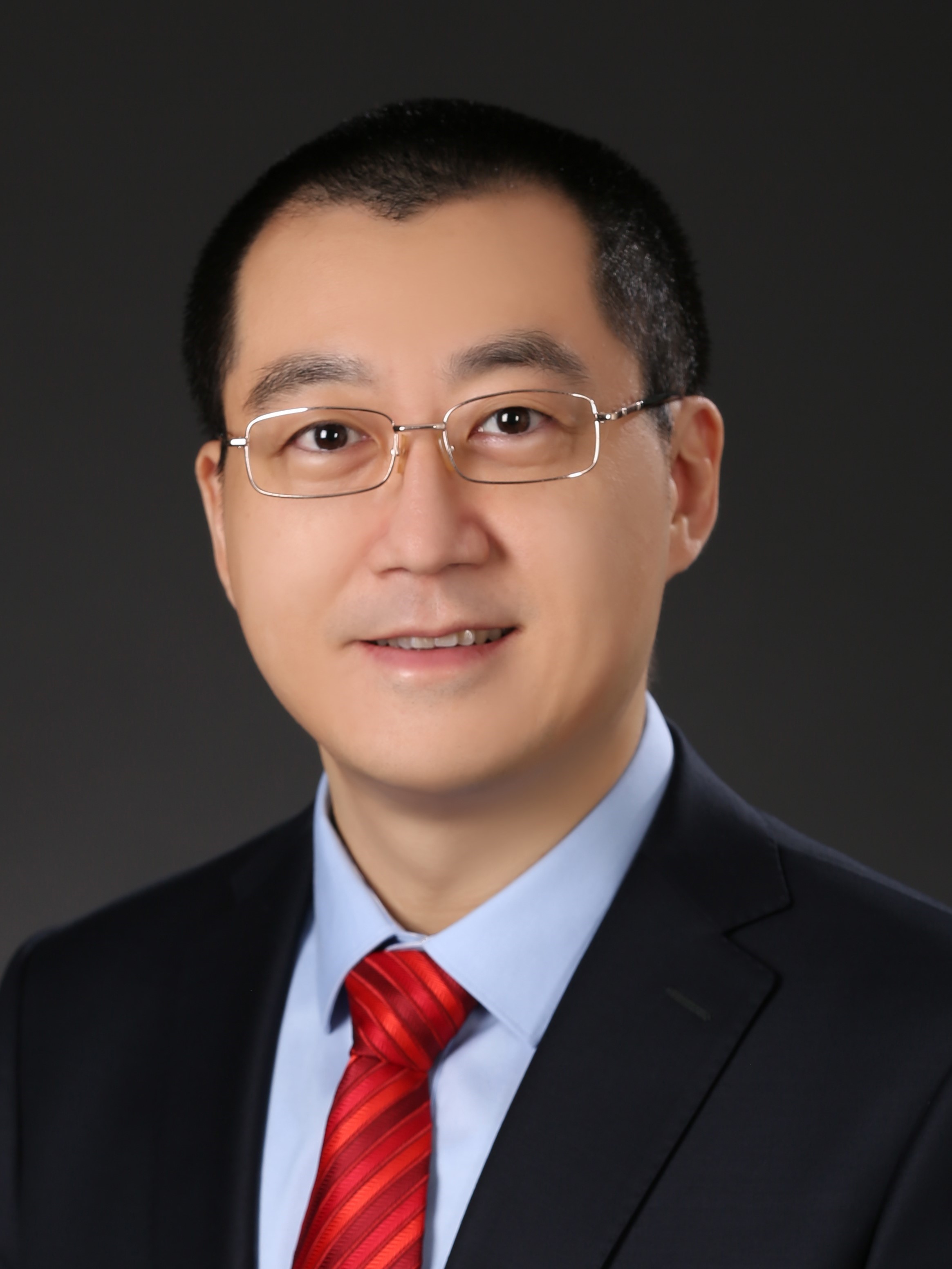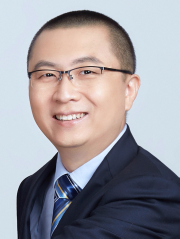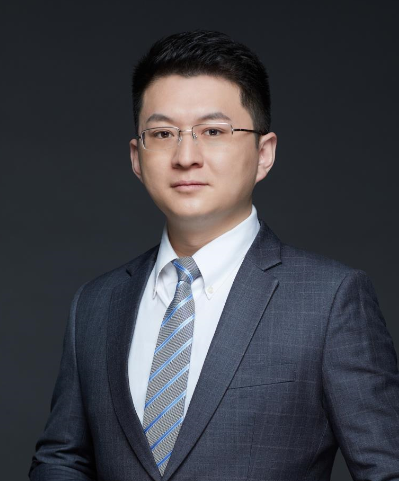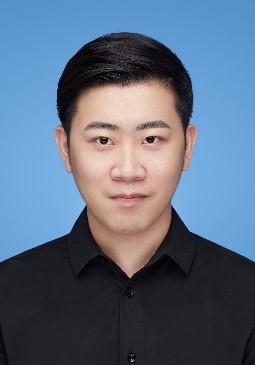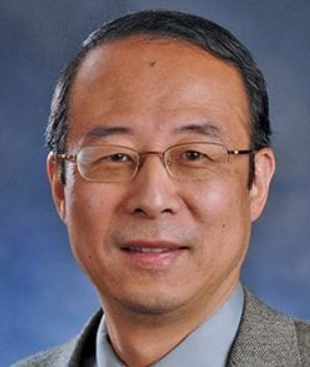
- Chair Professor and Dean
- Fellow of AIMBE, RSPH, IET, and JSPS,and Foreign Member of AESU.
- Shenzhen Institute of Advanced Technology, Chinese Academy of Sciences
- Title: AI in Medical and Biological Engineering
- Abstract: Artificial Intelligence (AI) is the science of mimicking human intelligences and behaviors. Machine Learning (ML), a subset of AI, trains a machine how to use algorithms or statistics to find hidden insights and learn automatically from data. Deep learning (DL) is one of machine learning methods where we use deep neural networks with advanced algorithms such as auto-encoding or convolution to recognize patterns in data. AI has become very successful recently due to the availability of huge data and powerful supercomputers. Many applications such as speech and face recognition, image classification, natural language processing, bioinformatics, health informatics such as disease prediction and detection suddenly took great leaps due to the advance of AI. Although various AI architectures and novel algorithms have been invented for many bio and health applications, better explainability, increasing prediction accuracy and speeding up the training process are still challenging tasks among others. In this talk, I will outline recent developments in AI research for bioinformatics and health informatics. The topics discussed include proposing more effective architectures, intelligently freezing layers, gradient amplification, effectively handling high dimensional data, designing encoding schemes, mathematical proofs, optimization of hyper-parameters, effective use of prior knowledge, embedding logic and reasoning during training, result explanation and hardware support. These challenges create a huge number of opportunities for people in both computer science and health care. In this talk, some of our solutions and preliminary results in these areas will be presented and future research directions will also be identified.
-
Bio:
Dr. Yi Pan is currently a Chair Professor and the Dean of Faculty of Computer Science and Control
Engineering at Shenzhen Institute of Advanced Technology, Chinese Academy of Sciences, China and
a Regents’ Professor Emeritus at Georgia State University, USA. He served as Chair of Computer
Science Department at Georgia State University from 2005 to 2020. He has also served as an Interim
Associate Dean and Chair of Biology Department during 2013-2017. Dr. Pan joined Georgia State
University in 2000, was promoted to full professor in 2004, named a Distinguished University
Professor in 2013 and designated a Regents' Professor (the highest recognition given to a faculty
member by the University System of Georgia) in 2015.
Dr. Pan received his B.Eng. and M.Eng. degrees in computer engineering from Tsinghua University, China, in 1982 and 1984, respectively, and his Ph.D. degree in computer science from the University of Pittsburgh, USA, in 1991. His profile has been featured as a distinguished alumnus in both Tsinghua Alumni Newsletter and University of Pittsburgh CS Alumni Newsletter. Dr. Pan's current research interests mainly include bioinformatics and health informatics using big data analytics, cloud computing, and machine learning technologies. Dr. Pan has published more than 450 papers including over 250 journal papers with more than 100 papers published in IEEE/ACM Transactions/Journals. In addition, he has edited/authored 43 books. His work has been cited more than 16000 times based on Google Scholar and his current h-index is 82. Dr. Pan has served as an editor-in-chief or editorial board member for 20 journals including 7 IEEE Transactions. Currently, he is serving as an Associate Editor-in-Chief of IEEE/ACM Transactions on Computational Biology and Bioinformatics. He is the recipient of many awards including one IEEE Transactions Best Paper Award, five IEEE and other international conference or journal Best Paper Awards, 4 IBM Faculty Awards, 2 JSPS Senior Invitation Fellowships, IEEE BIBE Outstanding Achievement Award, IEEE Outstanding Leadership Award, NSF Research Opportunity Award, and AFOSR Summer Faculty Research Fellowship. He has organized numerous international conferences and delivered keynote speeches at over 60 international conferences around the world. - Personal Page
